I don't know what I'm missing.
Everything works when passing complex custom objects, but when I try to pass a simple int or string I get null
Here is the ajax call on client side:
var id = 1;
$.ajax({
type: "GET",
url: "/api/APICalls/MethodName",
contentType: "application/json; charset=utf-8",
data: JSON.stringify(id), // or JSON.stringify({id: id}) or just id
dataType: "json",
success: function (data) {
console.log(data);
},
error: function (data) {
alert(data.responseText);
}
});
On server side the method is as follows:
[HttpGet]
public void MethodName([FromBody] string id)
{
// Do something with id... Doesn't matter... It is `null`!
}

